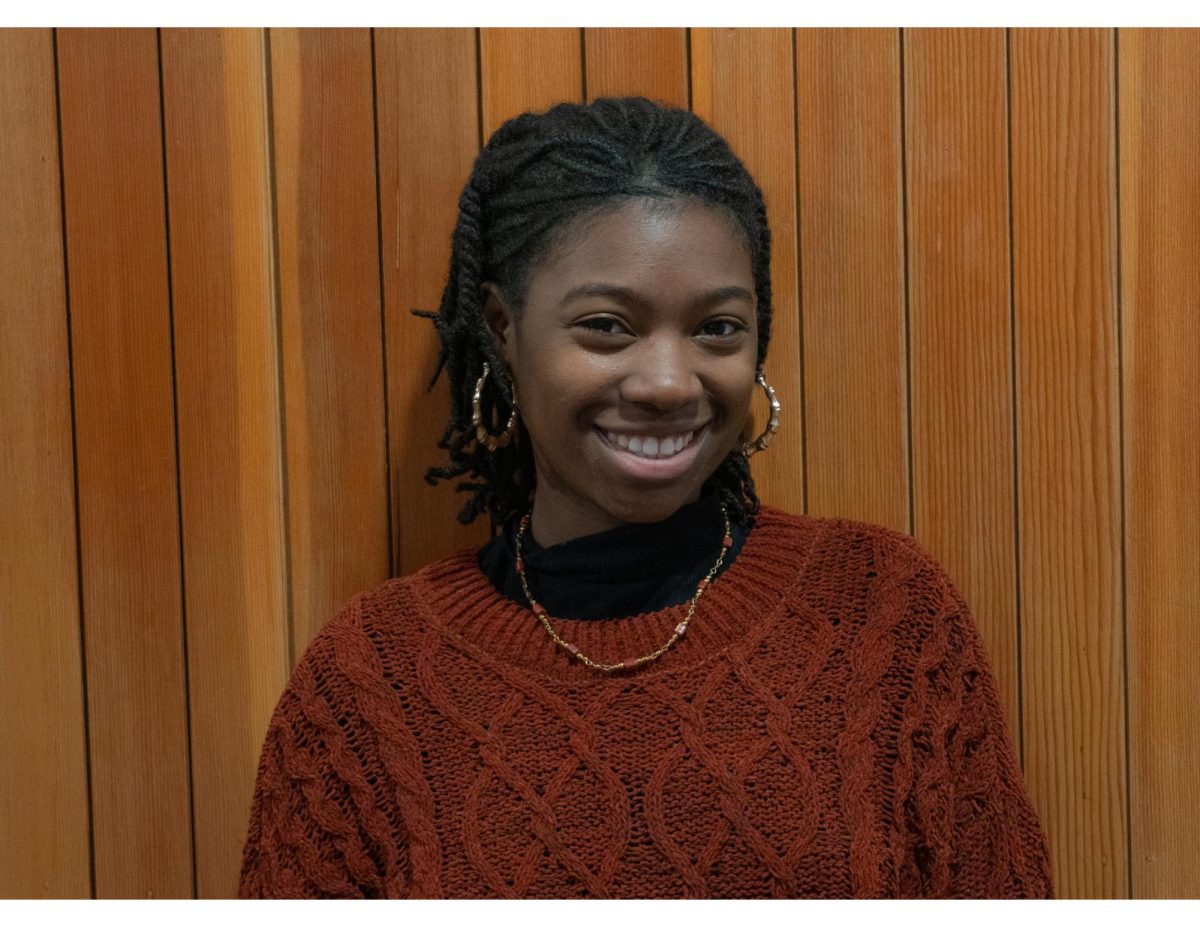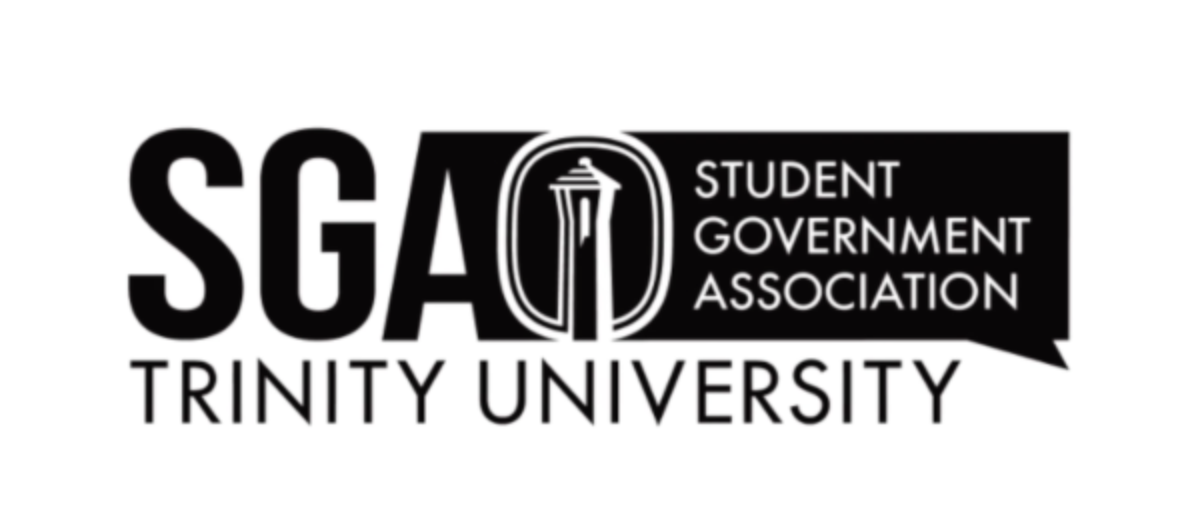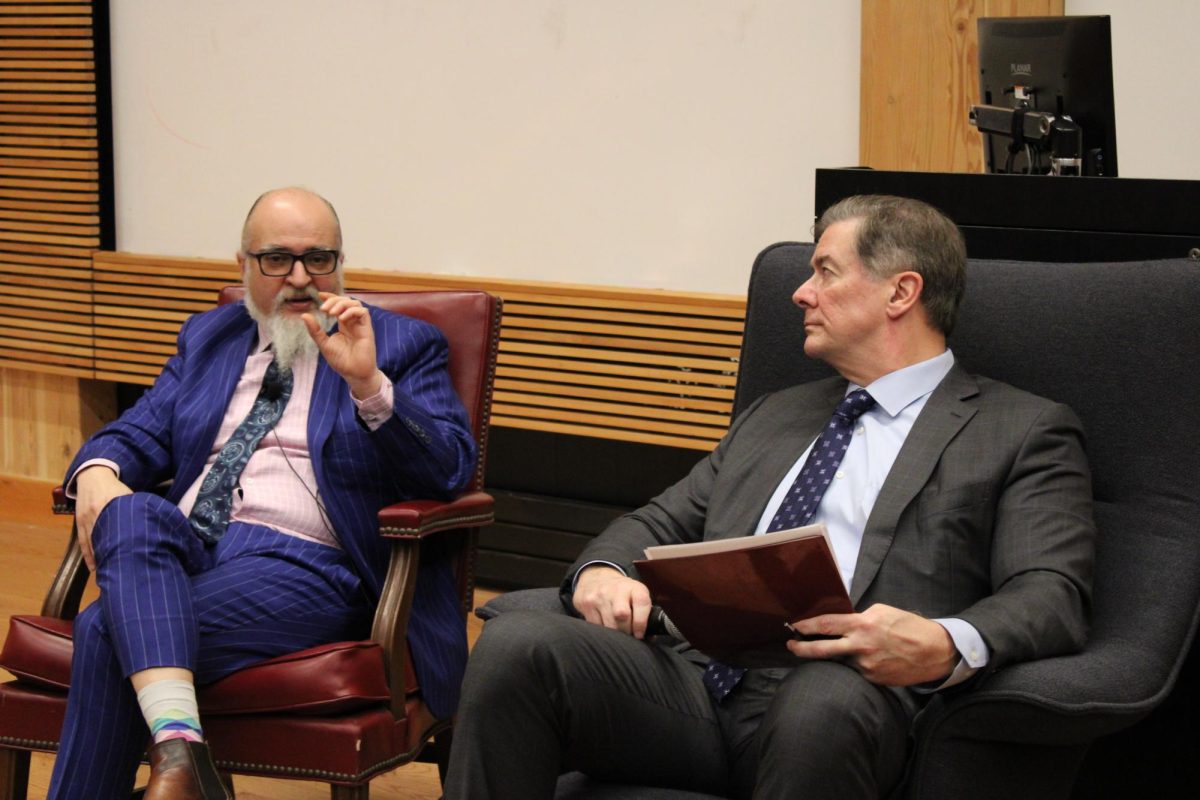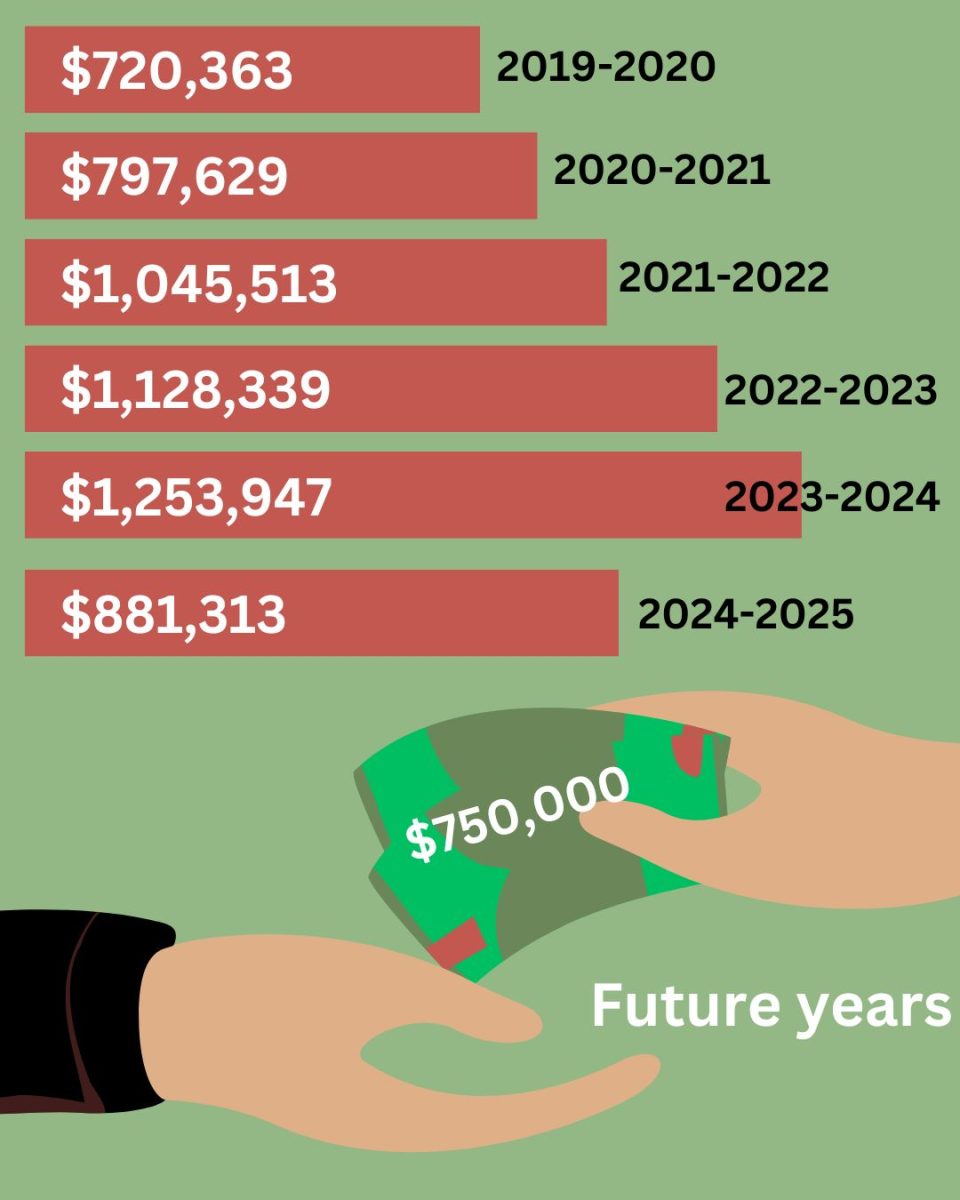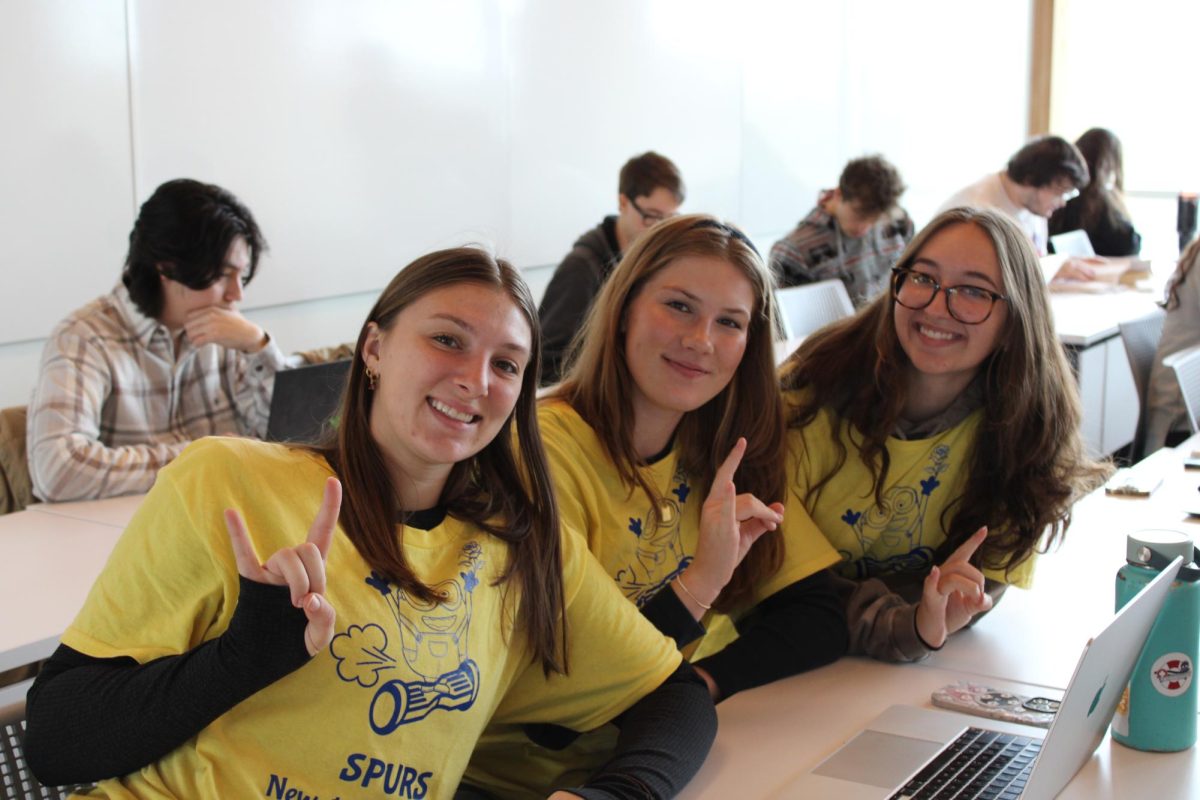In the age of social media, Trinity faculty are learning how to use online platforms to interact with students in new ways.
“Don’t know. But SGA would be paid from activity fee not tuition so your platform is wrong. Punk. Oh, I guess that makes it a yes,” tweeted David Tuttle, dean of students.
This tweet was in response to a student tweeting a picture asking Tuttle if he was being bullied. While this interaction may seem harsh, it is simply Tuttle’s way of interacting with students.
“To me, what I’m trying to do is have dialogues and relationships and not have it be bland, because otherwise I won’t do it. I mean, this is what you get when you work with me. I’m sarcastic, I’m snarky, I try to be funny and I try to take risks with what I put out there. Sometimes they land and sometimes they miss,” Tuttle said.
Tuttle said that Twitter provides a unique platform for creating dialogue with members of the Trinity community, especially students.
“Twitter has its own kind of culture, and it’s less formal and it allows people the opportunity for back and forth, and so to me it was not so much a matter of people looking in, although it could be “” to me it was just a matter of joking with him,” Tuttle said.
Students like Jonah Wendt, a sophomore that Tuttle has interacted with on Twitter, agree that the back-and-forth is done in a joking manner.
“That was just kind of funny. I tweeted at him “˜Hey do you think I’m being bullied,’ and he responded with something funny. It’s funny back-and-forth; I wouldn’t really consider that as being called out,” Wendt said.
Joel Holmes, sophomore, agrees that the interactions that he has with Tuttle are purely for laughs.
“We have a pretty decent relationship, so I took it in a joking manner. I didn’t really take offense to it,” Holmes said.
However, Holmes does acknowledge that the conversations could come across as unusual to an outsider.
“I think it’s just subjective. It comes down to personal preference. I personally don’t mind him having fun with his job and interacting with students and getting to know students better. I know he’s actively trying to find more students to interact with. I can see how some people could see it as unprofessional or overstepping his boundaries, but I personally think it’s fine,” Holmes said.
Tuttle acknowledges that, while he always tweets students in jest, he makes sure the students feel comfortable with coming to him if he crosses a line.
“I enjoy those interactions with them and if I ever got crosswise with them, and I have on other things, I think, then we work that out separate, but you know, I think I have enough of a filter to kind of, sometimes it’s broken, but I think I have enough of one to be careful in what I do,” Tuttle said.
Wendt does believe that Tuttle’s tweeting allows him to do his job in a novel way.
“It definitely helps him look down to earth and that he cares about people. You know he’s looking through his Twitter feed and seeing if students are complaining about stuff, so it definitely is part of his job,” Wendt said.
Tuttle hopes to have more interactions with students through social media.
“I don’t know how many students use Twitter, but I would love to have more back-and-forth with students on Twitter like I have with the people I’ve already talked about,” Tuttle said.
Students interested in following Tuttle on Twitter can follow him @TUdean.



